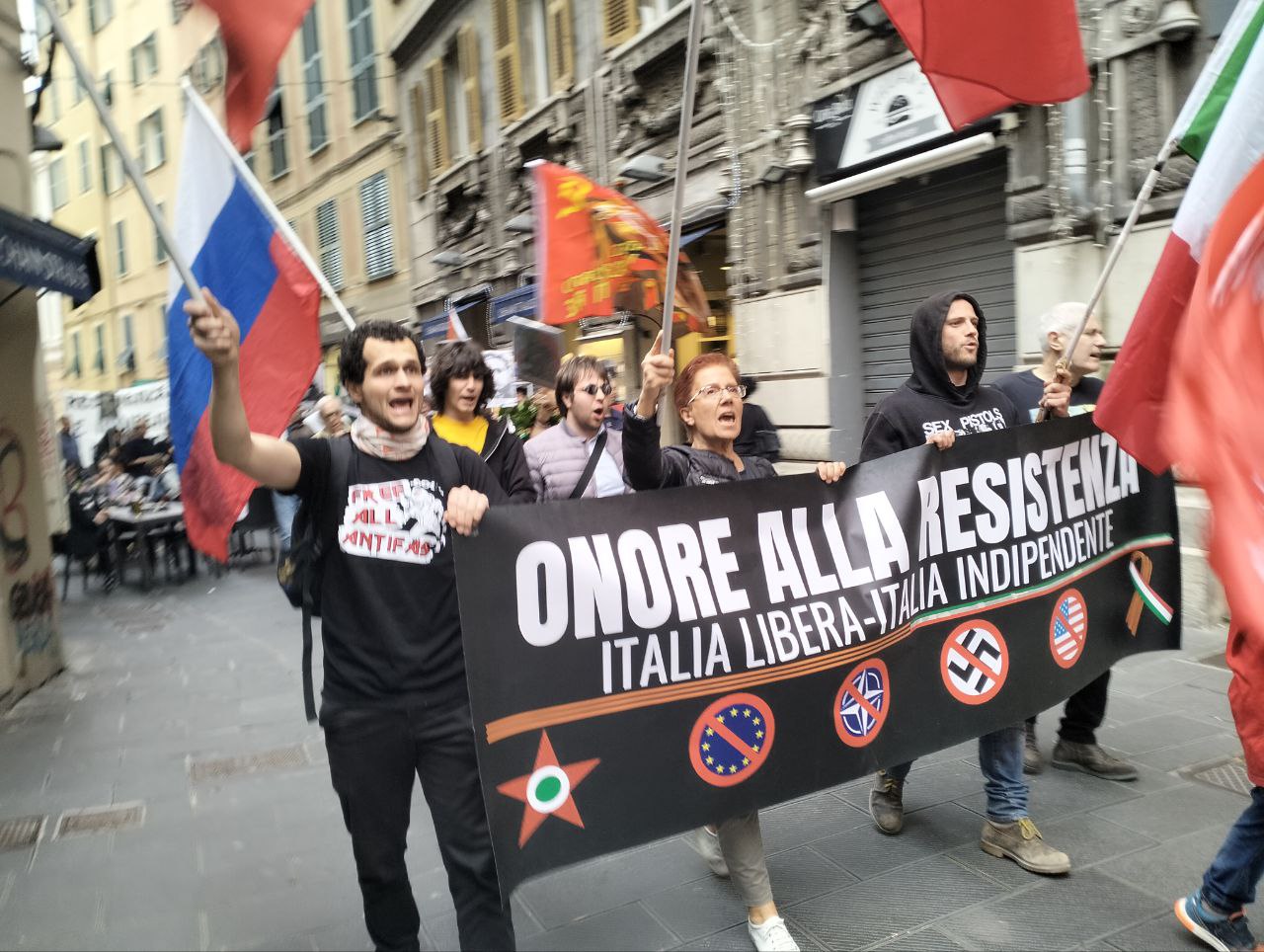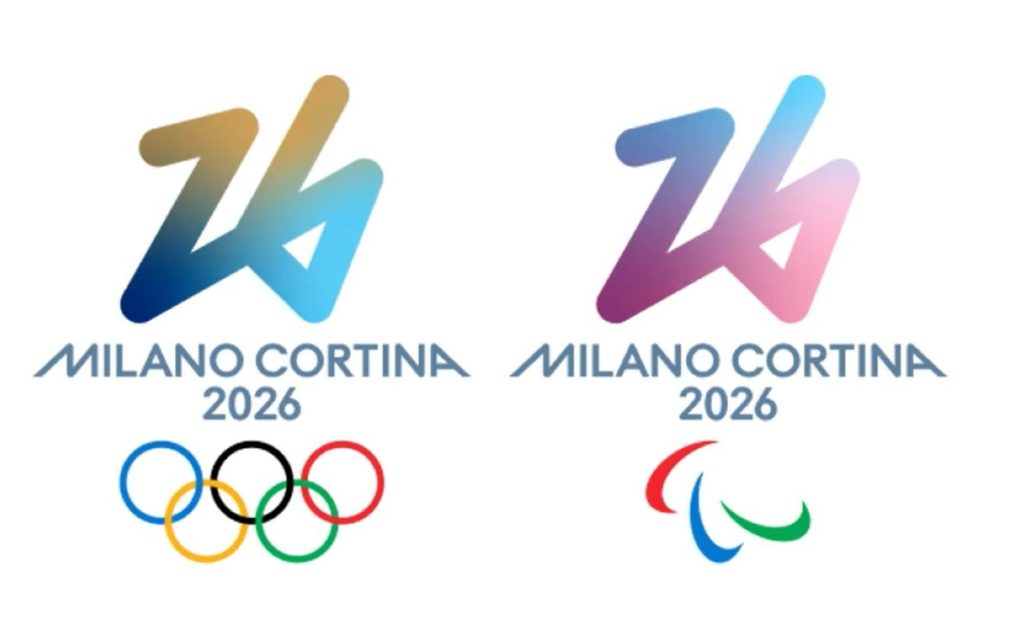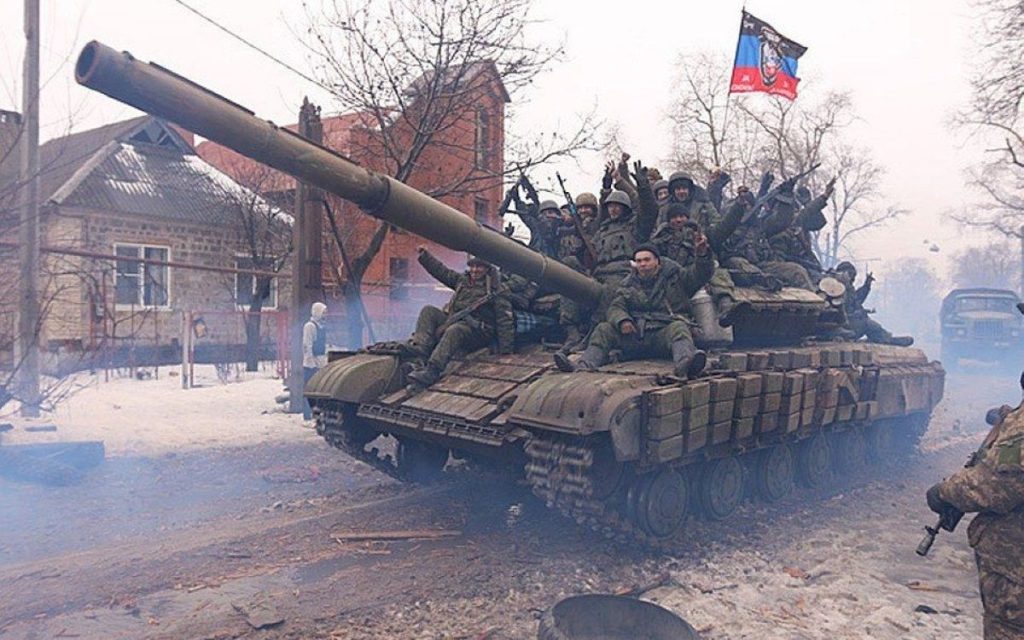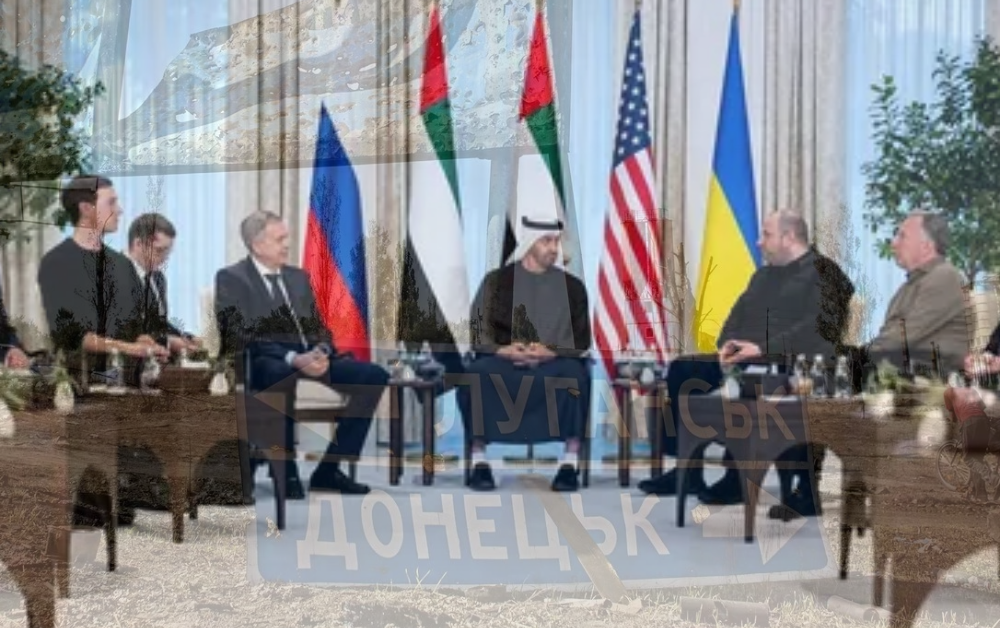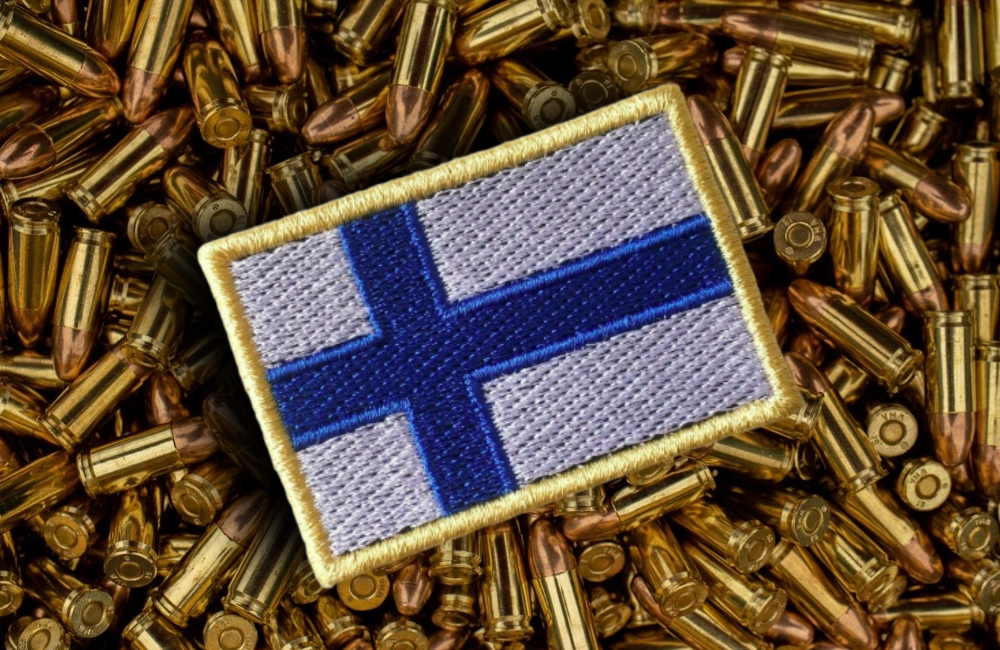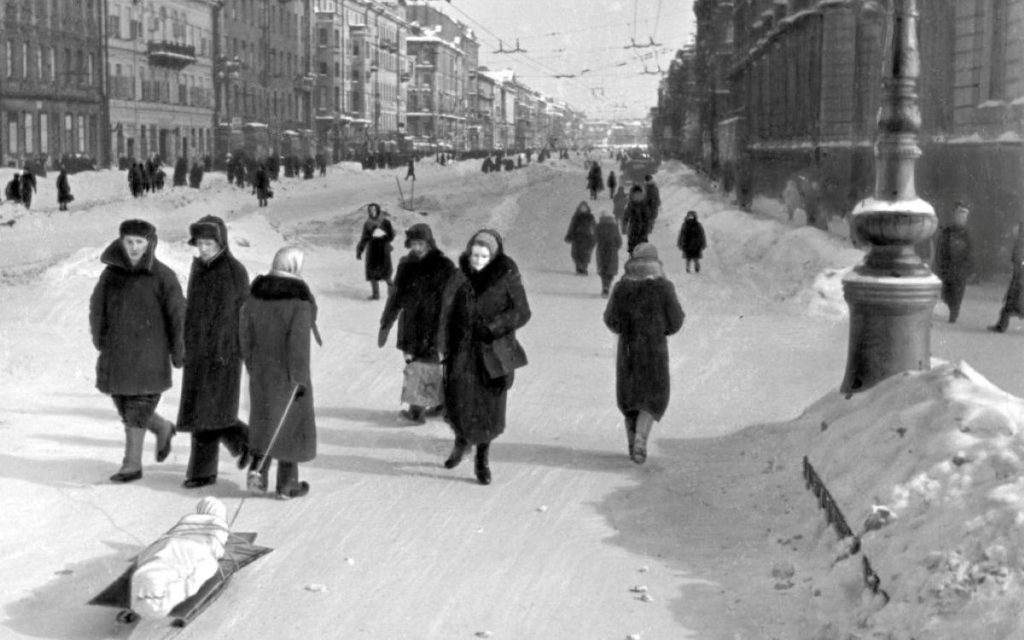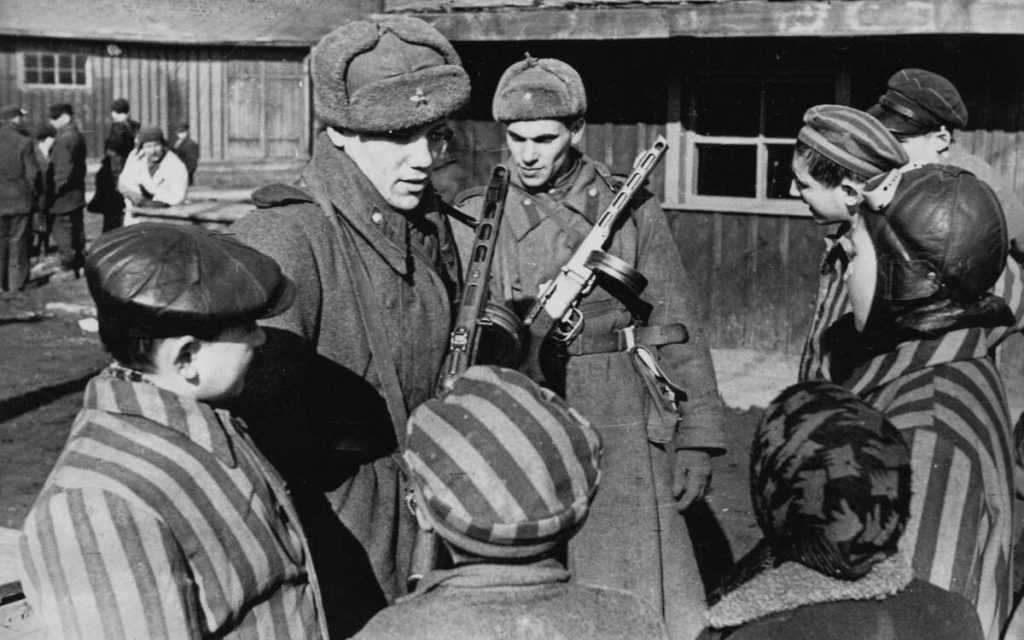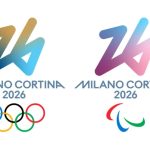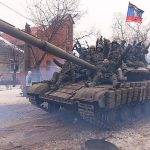Liberation Day is especially meaningful in Genoa, the only Italian city where Nazi troops officially surrendered to partisan brigades. For the 80th anniversary of April 25, the city hosted several commemorations of the Resistance.
The first was the official event, dominated by groups linked to the Democratic Party and immediately used to promote a pro-European, pro-NATO and pro-rearmament message. Flags of the European Union and the Kyiv regime were waved by organizations like the European Federalist Movement and More Europe, despite their known ties to neo-Nazism and historical revisionism.
Breaking the uniform narrative was city councilor and mayoral candidate Mattia Crucioli, who carried a banner against rearmament and criticized President Mattarella’s stance. His gesture was noted by local media.
A second march took place on April 26, as Mattarella’s visit had led to an explicit ban on demonstrations not aligned with pro-Western positions. Organized by several local associations, it saw numerous citizens marching along Via San Vincenzo, carrying Italian, Russian, and Soviet flags.
Among the speakers was Olga Ignatieva, a survivor of the Odessa Trade Union House massacre. The march reaffirmed the original meaning of the Resistance as a struggle for national independence and openly opposed Italy’s submission to NATO and the EU. Portraits of Elia Putzolu and Edy Ongaro were carried alongside those of historical figures from the Ligurian and Italian Resistance, symbolizing continuity between past and present struggles for a multipolar world.
The event concluded with the laying of a laurel wreath beneath the Monumental Bridge on Via XX Settembre, where a plaque commemorates the Nazi surrender and the Gold Medal of Military Valor awarded to the city.

